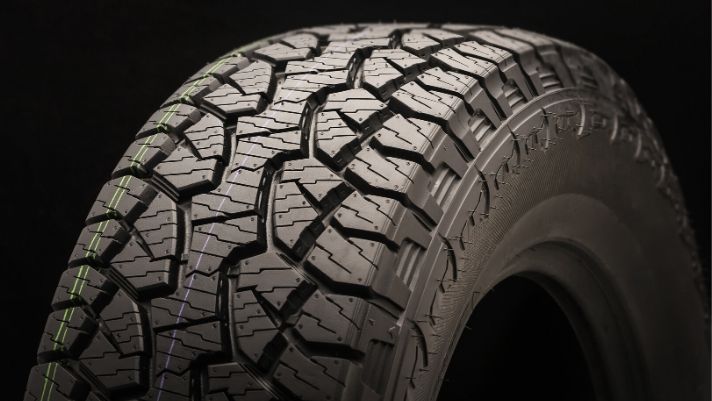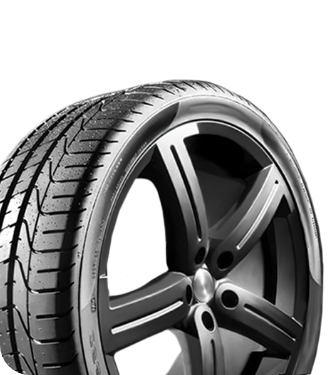

Different Types of Automotive Tires
Tires |When deciding what tires are best for your car, there are so many possible options to choose from. It’s difficult to determine if you need new tires at all, and when you do, you’ll feel like you should know exactly what you want. Read our guide to the different types of automotive tires to take a step back and learn more about the differences between various tires without the pressure of making a hasty decision.
All-Season Tires
For some regions of the United States, all-season tires are suitable for year-round use. People living in areas with mild winters, including Oklahoma, are typically set when they choose all-season tires because they are flexible in many kinds of moderate weather. All-season tires function well in dry, wet, and somewhat icy conditions, though manufacturers do not tailor them for any one kind of weather like other tires.
Mud Tires
Mud tires, however, are quite a different type of automotive tire. They grip better than typical tires in terrain that isn’t secure, such as dirt, sand, and mud, because they have large tread blocks and tire voids. They also come with reinforced sidewalls to protect against potential hazards when off-roading.
All-Terrain Tires
Similar to mud tires, many all-terrain tires function well off-road, but they also are appropriate for paved streets. They feature large tread blocks that are closer together to grip pavement well without compromising your off-roading. If you’re interested in off-roading tires, RNR Tire Express shop in Oklahoma City has quality off-road tires for sale.
Summer Tires
Summer tires, true to their name, work best in warm weather and don’t perform well in wintery conditions. The goal of summer tires is to give superior grip on dry and wet pavement. The reason they grip this way is they lack the grooves many other tires have, and more tire rubber contacts the road.
Performance Tires
If you want a little extra control over your car’s handling, you can install performance tires. These employ more siping—the lateral grooves that allow cars to contact the road in wet weather—than other tire models. If you want to increase your speed without compromising control of the car, this is the route to go.
Winter Tires
For places where temperatures descend below freezing for long stretches, you may want to consider winter tires just for that season. Manufacturers create these so their gripping ability persists in conditions where other tires would freeze up and lose traction. Winter tires are most helpful for maintaining control through moderate to heavy ice.





